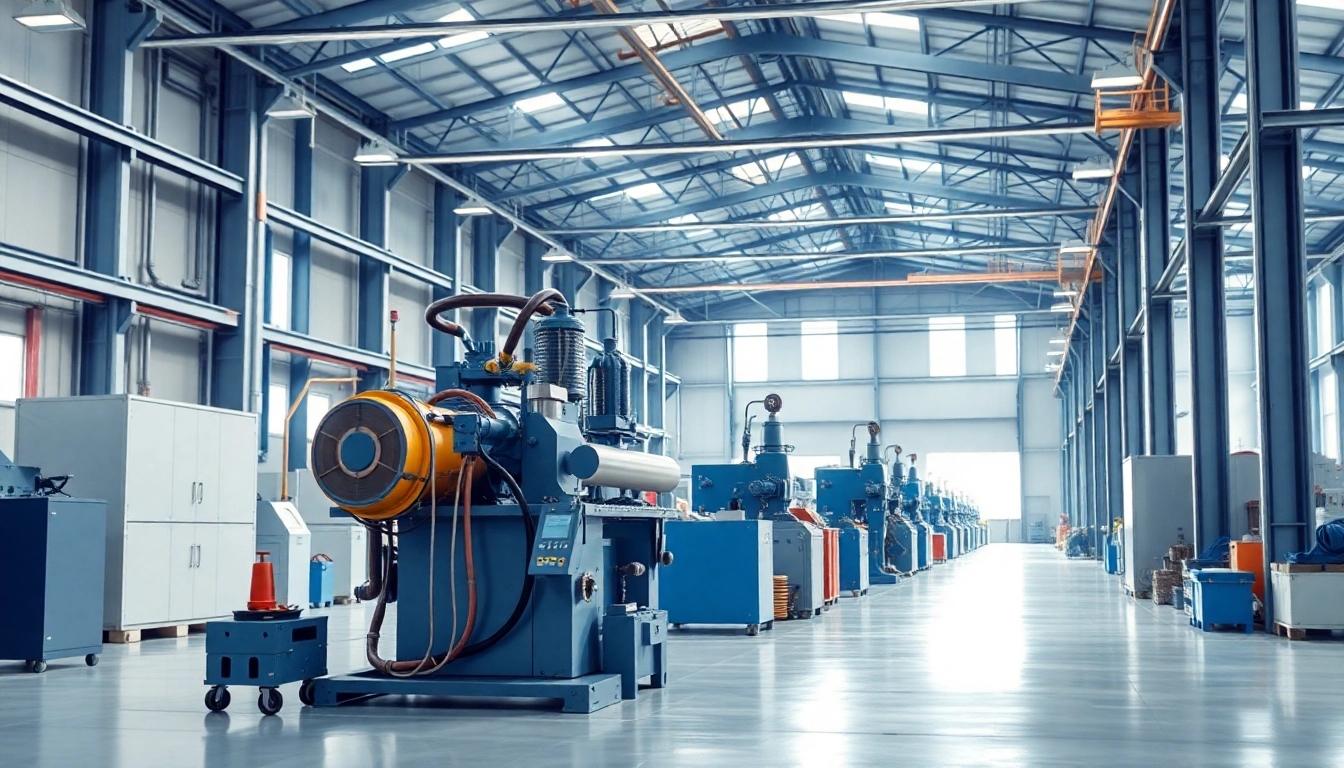Introduction to Filling Machines
The essential role of filling machines in manufacturing has been a cornerstone of efficiency for countless industries around the globe. From pharmaceuticals to food and beverage, filling machines automate a critical step in production, ensuring that products are packaged accurately and consistently. As a Filling Machine Supplier, we recognize the importance of these machines in modern production environments. In this article, we will explore their functionality, types, and what to consider when selecting a filling machine for your operation.
What is a Filling Machine?
A filling machine is a device used to dispense a specific amount of liquid, granule, powder, or paste into containers. These machines are designed to automate the process of filling, which reduces labor costs and ensures a uniform fill level across all containers. Filling machines can vary significantly based on the product type and the container being filled, making them a versatile tool in various industries.
Applications of Filling Machines
Filling machines find applications across diverse sectors, each necessitating unique features and functionalities. Here are some common applications:
- Food and Beverage: Filling machines are widely used to fill containers with liquids, including juices, sauces, and dairy products.
- Pharmaceutical: These machines ensure precise dosages for liquid medications across various container types.
- Cosmetics: From lotions to creams, filling machines facilitate efficient packaging in an industry where hygiene and precision are paramount.
- Chemicals: Industrial chemicals often require specialized filling systems to handle corrosive substances safely.
- Household Products: Filling machines are essential in filling products such as cleaners, detergents, and other household supplies.
Benefits of Using a Filling Machine Supplier
Partnering with a reputable filling machine supplier brings several advantages:
- Expertise and Experience: A reliable supplier brings industry expertise that can help businesses select the right machinery.
- Custom Solutions: Suppliers often provide tailored solutions that fit specific production needs.
- Maintenance and Support: A good supplier offers long-term support, ensuring the machinery operates smoothly and efficiently.
- Quality Assurance: Trusted suppliers conform to industry standards, providing assurance that the equipment is safe and reliable.
Types of Filling Machines
Filling machines are classified based on their operation and mechanism. Here, we delve into the primary types:
Manual Filling Machines
Manual filling machines serve as the most basic option. They require an operator to fill each container, making them more labor-intensive and suited for low-volume production. These machines are often portable and ideal for small businesses or during initial phases of production where flexibility is needed.
Semi-Automatic Filling Machines
Semi-automatic filling machines bridge the gap between manual and fully automatic systems. These machines require some human intervention but can handle higher volumes more efficiently. Operators typically initiate the filling process while the machine manages the volume and flow, making it suitable for mid-sized operations.
Fully Automatic Filling Machines
Fully automatic filling machines enhance production efficiency significantly. They can operate without human intervention once set up, maintaining high-speed performance and accuracy across large volume runs. These systems are ideal for large-scale manufacturing where consistency and speed are paramount.
Choosing the Right Filling Machine
Selecting the right filling machine involves careful evaluation of several factors to ensure it meets the specific needs of your production process.
Evaluating Your Production Needs
Understanding your production requirements is crucial. Consider factors such as:
- Product Type: Different products may require unique filling technologies.
- Container Types: The shape and size of the containers will influence machine selection.
- Volume and Speed: Determine the number of containers you need to fill per hour and whether the machine can meet this demand.
Cost Considerations
Cost is often a primary factor in decision-making. When evaluating filling machines, consider both the initial investment and ongoing operational costs, including maintenance and staffing. It may be beneficial to compare the cost-effectiveness of different suppliers based on warranties, service support, and features.
Supplier Comparison
Not all suppliers offer the same quality and level of service. Assess potential suppliers by looking at:
- Product Range: A supplier with a diverse range of machines may offer flexibility for future needs.
- Customer Reviews: Testimonials and case studies can provide insight into a supplier’s reliability and performance.
- After-Sales Service: A strong after-sales support program is vital for maintaining optimal machine operation.
Key Features to Look for in Filling Machines
When selecting a filling machine, certain key features can significantly impact the effectiveness and efficiency of your production process.
Accuracy and Precision
Accuracy in filling is crucial to avoid product loss and ensure compliance with industry standards. High-quality filling machines are designed to minimize errors in volume and maintain consistency across batches.
Speed and Efficiency
Efficiency is measured in the number of containers filled per minute. It’s essential to understand the expected output per hour and ensure your machine can meet or exceed these metrics without compromising quality.
Ease of Maintenance
Simplicity in maintenance procedures can help to reduce downtime and ensure continuous operation. Look for machines that allow easy access to critical components for routine cleaning and servicing.
Conclusion and Next Steps
Working with a Trusted Supplier
Identifying a trusted filling machine supplier is the first step in acquiring a valuable asset for your production line. Take time to research potential partners and select a supplier who aligns with your operational goals and quality standards.
Future Trends in Filling Technology
As technology evolves, the filling machine industry is witnessing trends such as integration with IoT devices for monitoring and predictive maintenance, enhanced automation, and machine learning algorithms to optimize filling processes. Staying abreast of these trends can provide competitive advantages in your operations.
Getting a Quote for Your Machine
Contact your selected suppliers to obtain quotes based on your specific needs. Be prepared to provide detailed information about your products, production volume, and any unique requirements. This will help suppliers provide a customized quote that best fits your operational needs.
